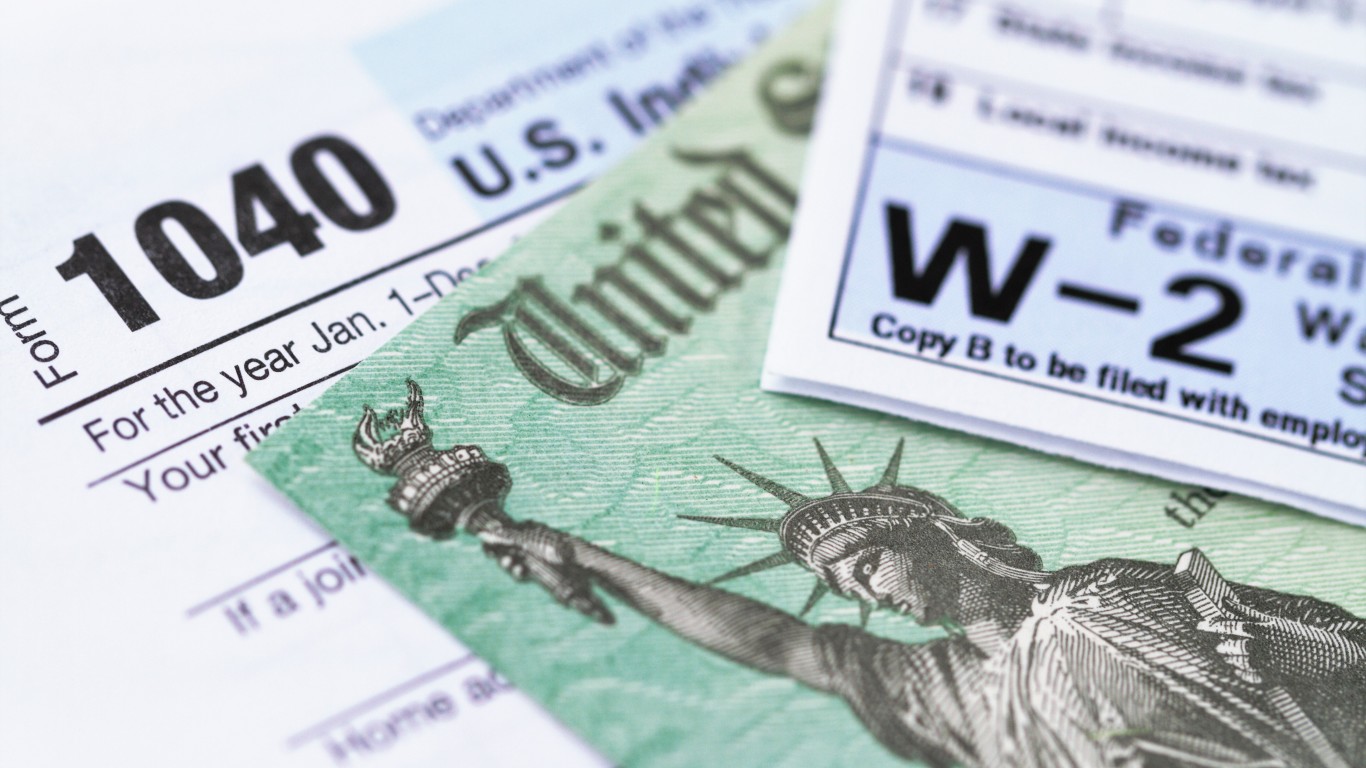Understanding Taxes in Early Retirement: A Comprehensive Look
Early retirees often choose to save their money in unrestricted brokerage accounts instead of tax-advantaged retirement accounts like IRAs or 401(k)s. While this strategy makes sense given the penalties for early withdrawals from those accounts, it’s essential to understand the tax implications of this decision.
Taxes on Capital Gains
Many early retirees derive income by cashing out investments, resulting in capital gains taxes. Long-term capital gains, which apply to assets held for more than a year, have more favorable tax rates than short-term capital gains. In 2023, singles earning up to $48,350 pay no taxes on long-term capital gains, while the rate increases to 15% for incomes between $48,351 and $533,400. Married couples filing jointly enjoy a 0% long-term capital gains tax rate if their income is up to $96,700. Between $96,701 and $600,050, there’s a 15% long-term capital gains tax rate, and above $600,050, it’s 20%.
Taxes on Dividends
Early retirees may also rely on dividends for income. Most dividends are qualified dividends and enjoy similar tax treatment to long-term capital gains, meaning some people may pay 0% on their dividend income. However, certain types of dividends, such as those from REITs and mutual funds, are considered ordinary income and taxed at ordinary income rates.
Minimizing Your Tax Bill
Consulting a tax professional or financial advisor is crucial for early retirees to minimize their tax burden. Strategies to lower taxes may include selling stocks at a loss to offset capital gains, keeping some savings in a Roth account, and utilizing deductions to stay within a lower IRS bracket.
Impact on Individuals
As an early retiree, understanding your tax situation is vital to ensure you can stretch your savings. Consulting a tax professional can help you determine the best ways to minimize your tax burden through strategies like selling stocks at a loss and maximizing deductions. Additionally, keeping some savings in a tax-advantaged account like a Roth IRA can provide tax benefits later in life.
Impact on the World
The tax implications of early retirement extend beyond individuals, affecting governments and economies. Governments rely on taxes to fund public services and infrastructure. As more people choose early retirement, the tax base shrinks, potentially leading to increased taxes for those still working or reduced public services. However, early retirement can also contribute to economic growth through increased consumer spending and entrepreneurship.
In conclusion, understanding the tax implications of early retirement is crucial for individuals to effectively manage their savings and minimize their tax burden. Consulting a tax professional or financial advisor can help identify strategies like selling stocks at a loss, maximizing deductions, and keeping some savings in a Roth account. At the same time, the tax implications of early retirement also impact governments and economies, necessitating a broader discussion on the role of taxes in funding public services and supporting economic growth.
- Early retirees often save in unrestricted brokerage accounts due to penalties for early withdrawals from tax-advantaged accounts.
- Capital gains taxes apply to investments held for more than a year, with favorable tax rates.
- Dividend taxes depend on the type of dividend, with most enjoying similar tax treatment to long-term capital gains.
- Minimizing tax burden as an early retiree involves consulting a tax professional or financial advisor and employing strategies like selling stocks at a loss and maximizing deductions.
- Early retirement impacts individuals by requiring effective tax management to stretch savings, but also has broader implications for governments and economies.





